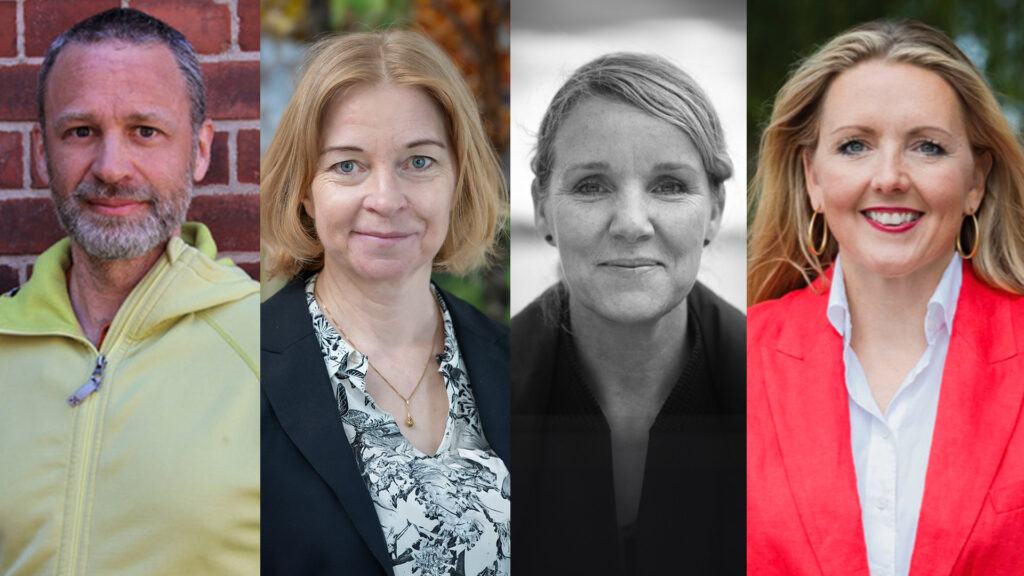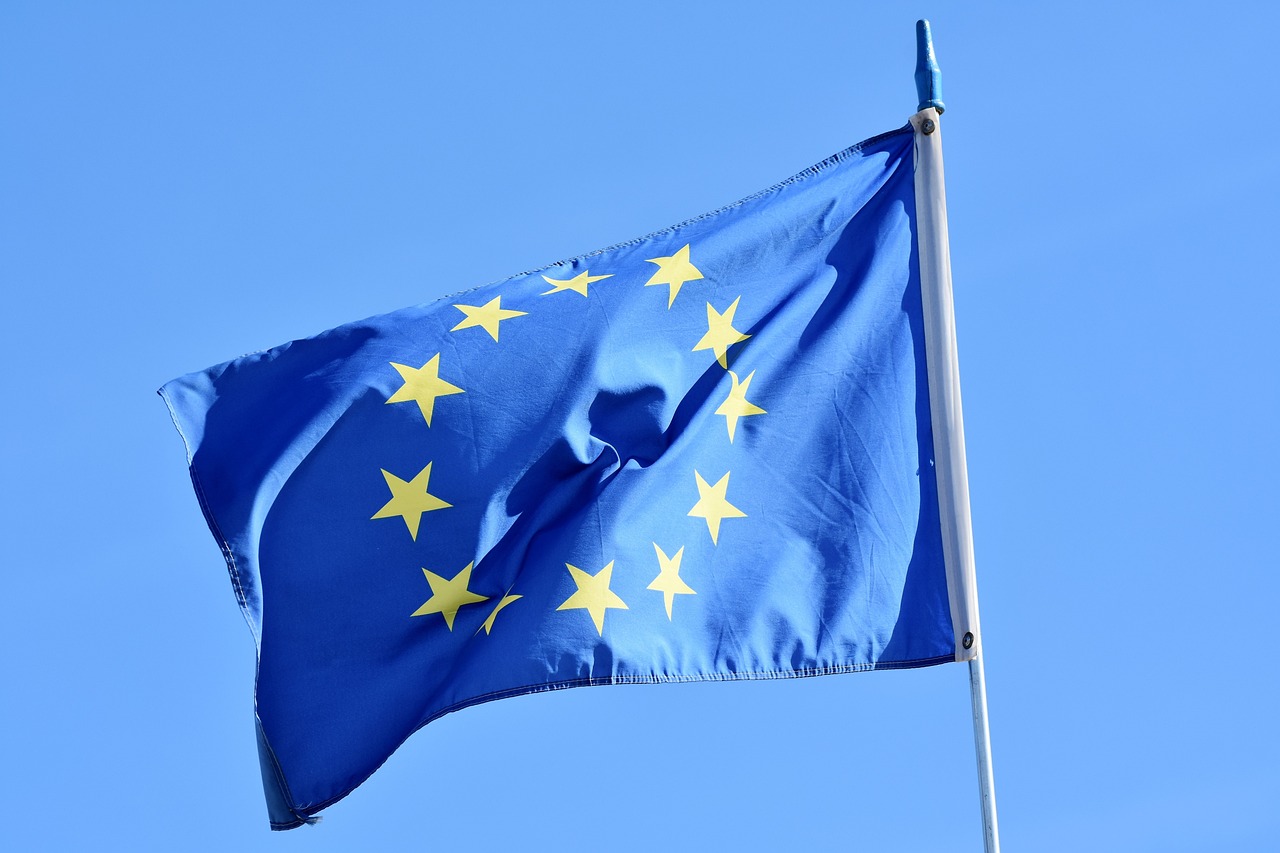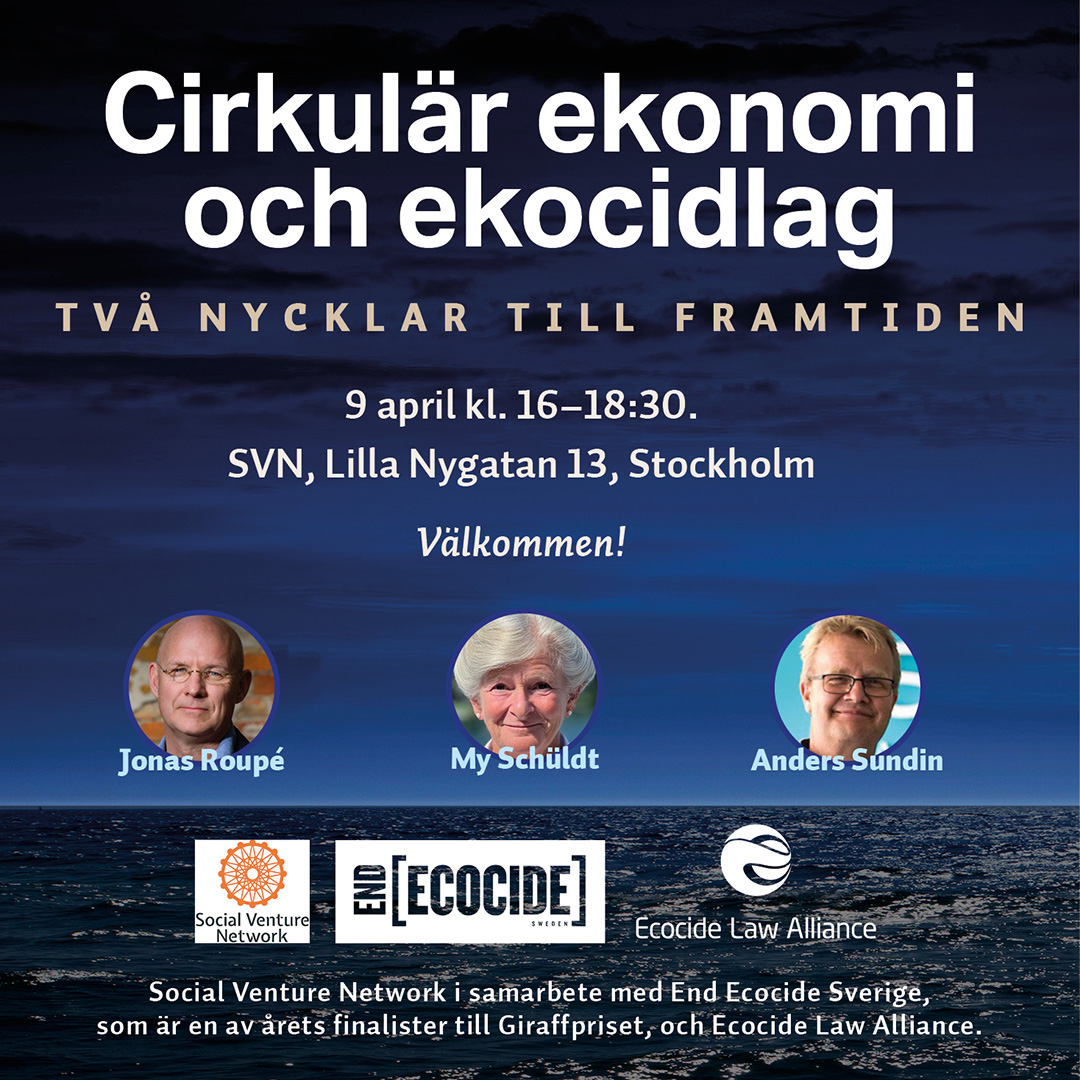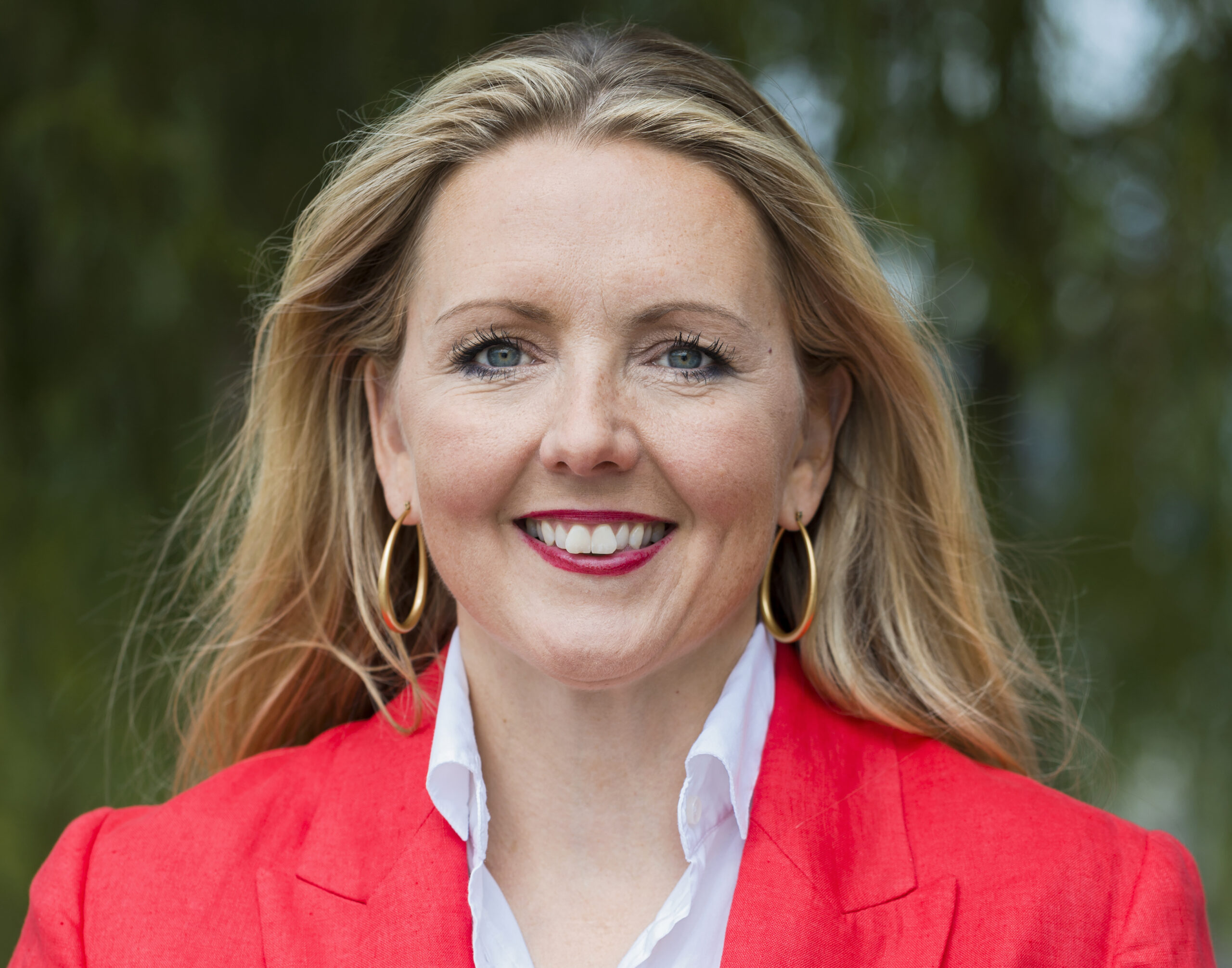On February 27, the CEOs of six companies published a joint call to action on the Swedish media platform Aktuell Hållbarhet (article in Swedish). The CEOs of SPP, Houdini Sportswear, Icebug, Polarbrödgruppen, Svea Solar , and Rejlers state:
“55% of the world’s GDP depends on nature’s services. Despite this, we are increasingly witnessing how our ecosystems are disrupted and destroyed through reckless exploitation of nature. It is high time to make serious environmental crimes punishable under international law.
Responsible decision-makers globally must understand that reckless actions against nature can also have serious consequences in the form of imprisonment or hefty fines.
We demand that the Swedish government push for ecocide rules to become global and be included in the Rome Statute. And we urge more Swedish companies to join the Ecocide Law Alliance initiative. Let us come together to establish a strong international law that prevents the worst forms of destruction of our living ecosystems!”
The article was published on the same day as the European Parliament voted to approve the updated environmental crime directive, which expands the list of serious environmental crimes within the EU and introduces new sanctions against those committing the most serious environmental crimes – ecocide-level crimes.
”It’s great that the EU is moving forward on this issue and tightening regulations and sanctions, but it’s not enough. The reason is simple: the EU has 27 member states, on one continent. The International Criminal Court has 123 member states, on all continents of the world. Crimes against the environment should be on par with crimes against humanity”, say the CEOs of the companies now supporting the initiative.
Ecocide Law Alliance argues that despite many conventions, guidelines, and laws on the environment, an important piece of the puzzle is still missing: international criminal law, so that decision-makers worldwide can be held accountable for the most egregious crimes. This is also one of the recommendations from the high-level working group on the environmental consequences of the war in Ukraine. Since the legal framework and procedures for amendments to the Rome Statute already exist, it is relatively easy and practically feasible to get the law in place.
“Because there is a gap in the law, a small number of highly destructive activities continue to harm the living systems that everyone depends on. An international law against such activities would help protect healthy and vibrant nature, human health and human rights, and limit climate change. At the same time, it strengthens the competitiveness of Swedish companies,” adds Johanna Lundgren Gestlöf, Sustainability Manager at SPP, in a press release on the call to action, and continues:

“A law that criminalizes the most serious destruction of the Earth’s living ecosystems would reduce the possibility of doing business at the expense of nature while paving the way for companies with truly sustainable solutions, and Sweden is at the forefront in this regard.”
International criminal law against ecocide brings several advantages:
• The law starts at the right end to address crucial issues, as it is over-arching, addresses the most serious damage, and also intervenes at the beginning of the value chain.
• It creates a new decision-making situation and risk analysis for individuals responsible for activities that potentially cause significant harm to vital ecosystems.
• The law contributes to fair competition, both in Sweden and globally.
• The law creates increased pressure to transition, which in turn contributes to a higher rate of innovation.
“Criminal law is a powerful steering tool, not least because it also affects our values: what is criminal, we also see as morally wrong. Introducing international law against large-scale environmental destruction is a big step in the right direction. The purpose of the law is primarily preventive: to encourage carefully considered decisions before engaging in activities that could be highly environmentally damaging. We urge the Swedish government to support in every way possible the establishment of a global ecocide law,” conclude the undersigned CEOs.
These are the business leaders and initiatives behind the call to action:
Jenny Rundbladh, CEO, SPP (occupational pension provider)
Karin Bodin, CEO, Polarbrödsgruppen (food manufacturer)
Eva Karlsson, CEO, Houdini Sportswear
David Ekelund, CEO, Icebug (footwear)
Jenny Edfast, CEO, Rejlers Sweden (technical consultants)
Erik Martinson, CEO, Svea Solar (solar company)
Johan Falk, CEO and co-founder, Exponential Roadmap Initiative
Ingmar Rentzhog, CEO and founder, We Don’t Have Time
Nina Macpherson, Chairperson, Ecocide Law Alliance
ABOUT INTERNATIONAL ENVIRONMENTAL CRIMES
Currently, the International Criminal Court in The Hague can prosecute for four crimes under the Rome Statute: genocide, crimes against humanity, war crimes, and the crime of aggression (crimes against peace). The proposal is to add mass environmental destruction, ecocide, as a fifth crime.
The definition of the proposed crime by a panel of experts in international criminal law is: “unlawful or wanton acts committed with knowledge that there is a substantial likelihood of severe and either widespread or long-term damage to the environment being caused by those acts.“







